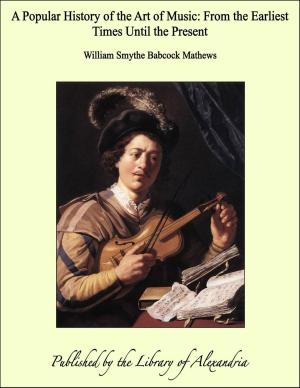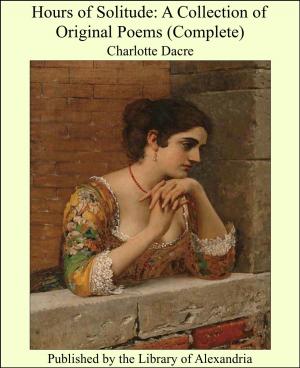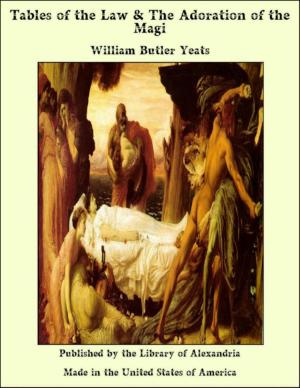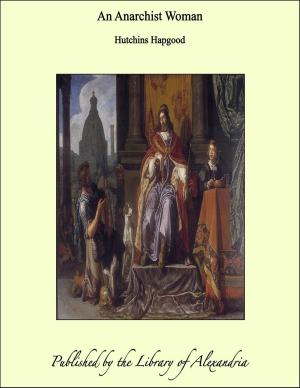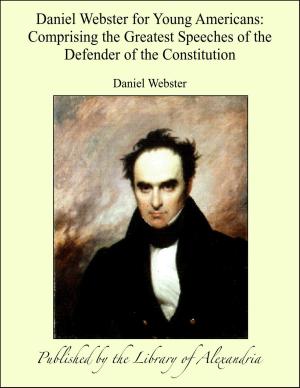| Author: | William Henry Giles Kingston | ISBN: | 9781465597199 |
| Publisher: | Library of Alexandria | Publication: | March 8, 2015 |
| Imprint: | Language: | English |
| Author: | William Henry Giles Kingston |
| ISBN: | 9781465597199 |
| Publisher: | Library of Alexandria |
| Publication: | March 8, 2015 |
| Imprint: | |
| Language: | English |
London was in commotion. On a certain afternoon in the early part of the year 1797, vast numbers of persons of all ranks of society, wealthy merchants, sober shopkeepers, eager barristers, country squires, men of pleasure, dandies, and beaus, and many others of even more doubtful position, might have been seen hurrying up through lanes and alleys towards the chief centre of British commerce—the Bank of England, that mighty heart, in and out of which the golden stream flows to and fro along its numberless arteries. Numerous carriages, also, some with coronets on their panels, and powdered footmen behind, rolled up from Cheapside. Among their occupants were ministers of state, foreign ambassadors, earls and barons of the realm, members of parliament, wealthy country gentlemen, and other persons of distinction. While in not a few were widows and spinster ladies, dowager duchesses and maids of honour, and other dames with money in the funds. On the countenances of the larger portion of the moving throng might be traced a word of uncomfortable import—“Panic.” It was an eventful period. Seldom during that or the present century have English patriots had greater cause for anxiety. Never, certainly, from the day of the explosion of the South Sea Bubble up to that period, had the mercantile atmosphere been more agitated. The larger portion of the motley crowd turned on one side to the Bank of England, where the ladies, descending from their carriages, pressed eagerly forward amidst the people on foot, one behind the other, to reach the counters. another portion entered the Royal Exchange, while a considerable number of the carriages proceeded along Cornhill.
London was in commotion. On a certain afternoon in the early part of the year 1797, vast numbers of persons of all ranks of society, wealthy merchants, sober shopkeepers, eager barristers, country squires, men of pleasure, dandies, and beaus, and many others of even more doubtful position, might have been seen hurrying up through lanes and alleys towards the chief centre of British commerce—the Bank of England, that mighty heart, in and out of which the golden stream flows to and fro along its numberless arteries. Numerous carriages, also, some with coronets on their panels, and powdered footmen behind, rolled up from Cheapside. Among their occupants were ministers of state, foreign ambassadors, earls and barons of the realm, members of parliament, wealthy country gentlemen, and other persons of distinction. While in not a few were widows and spinster ladies, dowager duchesses and maids of honour, and other dames with money in the funds. On the countenances of the larger portion of the moving throng might be traced a word of uncomfortable import—“Panic.” It was an eventful period. Seldom during that or the present century have English patriots had greater cause for anxiety. Never, certainly, from the day of the explosion of the South Sea Bubble up to that period, had the mercantile atmosphere been more agitated. The larger portion of the motley crowd turned on one side to the Bank of England, where the ladies, descending from their carriages, pressed eagerly forward amidst the people on foot, one behind the other, to reach the counters. another portion entered the Royal Exchange, while a considerable number of the carriages proceeded along Cornhill.

